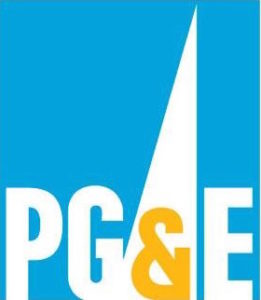California to consider restructuring PG&E to protect residents
December 23, 2018

pg&e
Amid ongoing serious safety problems, California utility regulators are considering a handful of options to restructure PG&E, according to a Friday announcement.
In recent years, PG&E has had serious safety problems with both its natural gas and electric operations. In 2015, the Public Utilities Commission (CPUC) mounted an investigation to determine whether PG&E’s organizational culture and governance prioritizes safety. [Cal Coast Times]
As part of its review of PG&E’s safety culture, the CPUC “examined the companies’ current corporate governance, management, and structure to determine the best path forward for Northern Californians to receive safe energy service.”
In Nov. 2018, the CPUC adopted the safety findings and recommendations of its Safety and Enforcement Division contained in the Northstar Report.
The CPUC is seeking public input on a set of proposals “before determining how to move forward.” The proposals includes splitting the company into several holding companies, replacing the board of directors with people focused more on safety, replacing corporate management, and making PG&E exclusively a regulated utility.
“This is not a punitive exercise. The keystone question is would, compared to PG&E and PG&E Corp. as presently constituted, any of the proposals provide Northern Californians with safer natural gas and electric service at just and reasonable rates,” said CPUC President Michael Picker, the Commissioner assigned to the proceeding and the author of the Ruling, which is effective immediately.
For members of the public wishing to weigh in on the proposed changes, comments are due by Jan. 30, 2019.
“We must be careful and practical,” Picker said. “This process will be like repairing a jetliner while it’s in flight. Crashing a plane to make it safer isn’t good for the passengers.”






The comments below represent the opinion of the writer and do not represent the views or policies of CalCoastNews.com. Please address the Policies, events and arguments, not the person. Constructive debate is good; mockery, taunting, and name calling is not. Comment Guidelines